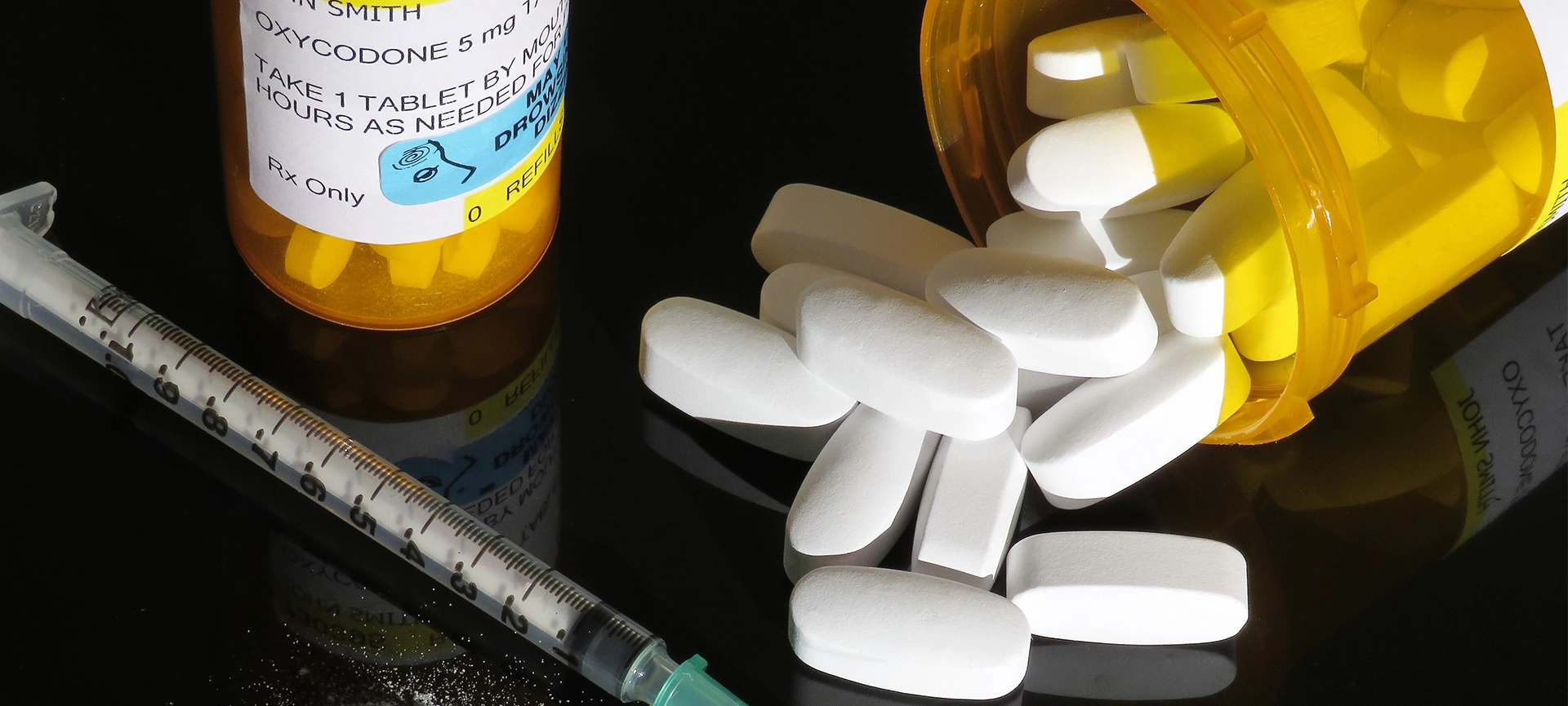The journey to opioid addiction recovery starts with knowledge — knowledge about the risk factors for opioid addiction and its inherent dangers. We understand the worry and fear that can accompany such a topic.
And it’s our goal to provide you with a friendly, expert perspective that will help you navigate the risks and dangers associated with opioid addiction.
In this article, we will delve into the potential physical and psychological consequences, as well as the long-term health effects and social impact of opioid addiction. We will also offer valuable tips and resources for seeking help and support.
Here’s all the information you need to start your journey to recovery from opioid addiction.
Understanding Opioid Addiction Risks
Opioid addiction is a complex issue that can have severe consequences for affected individuals and their loved ones. To fully comprehend the risks involved, it’s crucial to recognize the various factors that contribute to the development of opioid addiction.
- Genetic predisposition: Research suggests genetics can play a significant role in your susceptibility to addiction
- Chronic pain and prescription use: Prolonged use of prescription opioids to manage chronic pain can increase the risk of developing an addiction
- Mental health conditions: Individuals with pre-existing mental health disorders, such as depression or anxiety, may be more vulnerable to opioid addiction
- Environmental factors: A person’s surroundings, including peer influence and exposure to illicit drugs, can contribute to the likelihood of opioid addiction
The Risks of Opioid Addiction
The dangers of opioid addiction range from an overdose to varied emotional and social consequences. Here’s a breakdown of the far-reaching consequences of opioid addiction.
Potential for Overdose
One of the most immediate and life-threatening dangers of opioid addiction is the potential for overdose. Opioids can depress the central nervous system, leading to respiratory failure and, in severe cases, death.
Over 70% of the approximately 0.5 million deaths worldwide attributable to drug use are related to opioids, and over 30% are caused by overdose. The situation in North America is particularly alarming, with projections suggesting 1.2 million people in the U.S. and Canada could die from opioid overdoses by the end of the decade, in addition to the staggering death toll since 1999.
The reality of this situation highlights the need for comprehensive opioid addiction treatment. It’s better to start the journey to opioid addiction recovery before overdose comes into play.
Opioid overdose can occur when the body is unable to process opioids quickly enough, resulting in an excessive amount of opioids in the system. Several factors can contribute to an opioid overdose, including:
- Taking too many opioids
- Taking opioids too quickly
- Using an opioid that is too potent
The symptoms of an opioid overdose include:
- Unresponsiveness or unconsciousness
- Shallow, slowed or stopped breathing
- Pinpoint pupils
- Snoring or gurgling sounds coming from the mouth
- Cold or clammy skin and blue lips or fingernails (cyanosis)
- Pale face
- Clammy touch
- Limp body
- Change in mental status
- Seizures
Related Article: All You Need to Know about Oxycodone Addiction

Long-Term Health Effects
The prolonged use of opioids can have detrimental effects on physical and mental health. Some long-term dangers associated with opioid addiction include:
- Damage to vital organs: Opioids can cause liver damage, respiratory problems, and cardiovascular complications
- Increased risk of infectious diseases: Intravenous opioid use, such as heroin injection, can expose individuals to blood-borne diseases like HIV/AIDS and hepatitis
- Hormonal imbalances: Opioid abuse can disrupt the production and regulation of hormones, leading to issues with fertility, sexual dysfunction, and hormonal imbalances
- Cognitive impairment: Opioid addiction can affect cognitive function, memory, and decision-making abilities
Psychological Effects
The dangers of opioid addiction are not limited to physical health effects. Long-term opioid dependency can have severe mental implications.
- Increased risk of mental health disorders: Opioid addiction is often accompanied by mental health issues such as depression, anxiety, and mood disorders
- Emotional Instability: Opioids can disrupt emotional regulation, leading to frequent mood swings and erratic behaviour
- Impaired relationships: The social consequences of opioid addiction can strain personal relationships, leading to isolation, loss of trust, and conflicts with family and friends
Social Consequences:
- Legal ramifications: Engaging in illicit drug use, such as heroin, can result in criminal charges, leading to a criminal record and potential imprisonment
- Financial burden: The cost of maintaining an opioid addiction can quickly escalate, leading to financial instability and potential loss of employment
- Stigma and discrimination: People struggling with opioid addiction often face societal stigma, which can hinder their ability to seek help and support
Seeking Help and Support with Opioid Addiction
If you or someone you know is struggling with opioid addiction, remember that help is available. Here are some tips and resources to consider:
- Reach out to healthcare professionals: Speak with your primary care physician or a substance abuse counsellor who can provide guidance, support, and treatment options.
- Utilize helplines and crisis centers: Contact local helplines, crisis hotlines, or addiction support organizations in Toronto for immediate assistance.
- Consider medication-assisted treatment: Medication like methadone or buprenorphine, along with counselling, can aid in managing opioid addiction and reducing withdrawal symptoms.
- Engage in therapy and support groups: Individual therapy, group counselling, or support groups can provide a safe space to address the underlying causes of addiction and develop coping strategies.
- Educate yourself and loved ones: Understanding the nature of opioid addiction and its risks is crucial for individuals struggling with addiction and their support networks.
Related Article: How to Choose the Right Addiction Treatment Centre in Canada and What to Look for in Toronto, Ontario?

In the End
Opioid addiction poses significant risks and dangers that extend beyond physical health. By acknowledging the potential for overdose and long-term health effects, we hope to help you make informed decisions and seek appropriate help and support.
Remember, recovery is possible, and reaching out for assistance is the first step toward a healthier and happier life. Start by talking to our friendly opioid addiction treatment specialists at Addiction Rehab Toronto.
We’ll assess your opioid addiction case and provide a holistic, customized treatment plan. Call us today at 1-855-787-2424.







